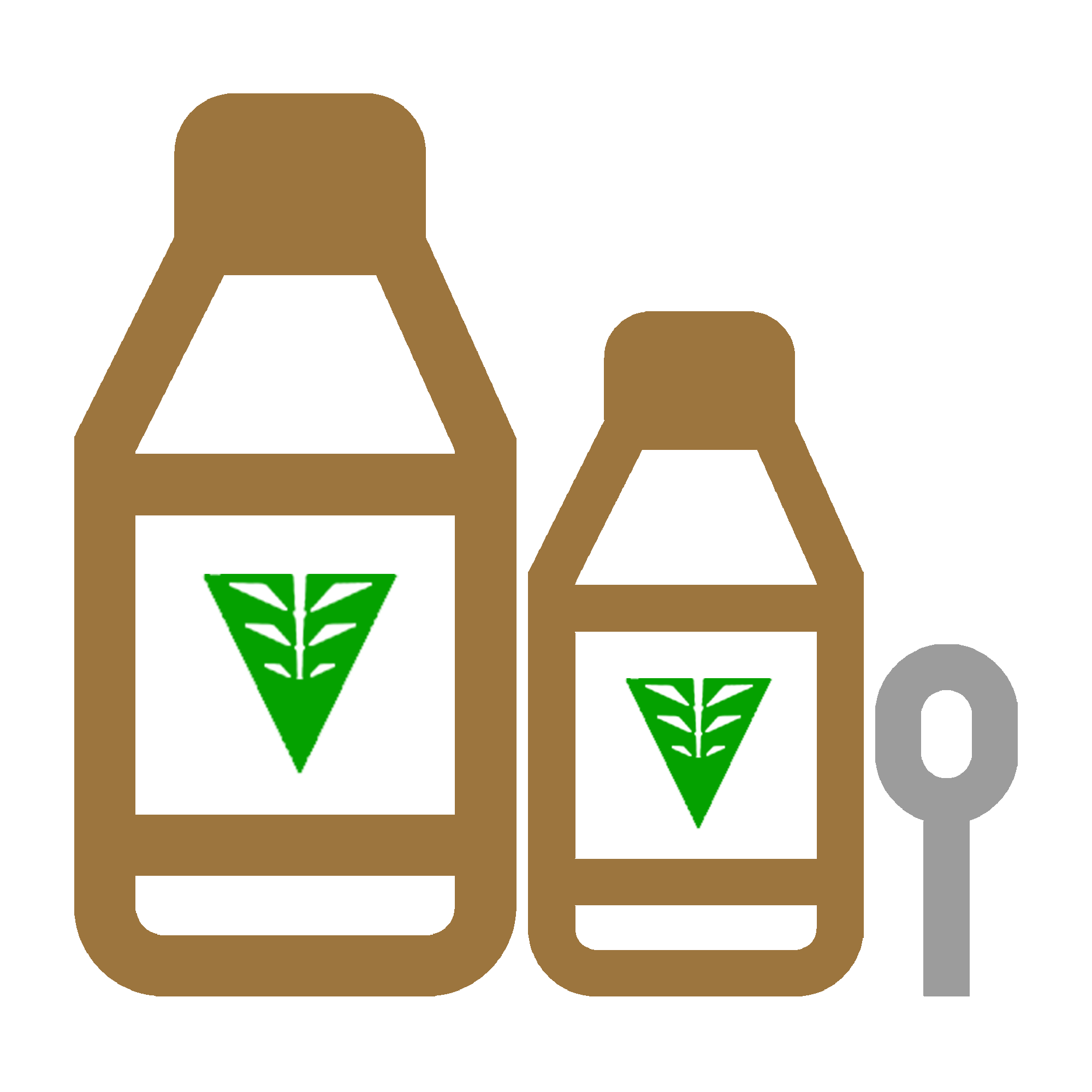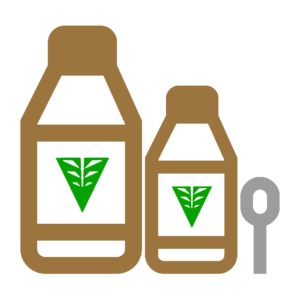Herbal treatment for Helicobacter pylori bacterial gastritis infection. Helicobacter Pylori (HP-Less) Tonic – Helicobacter pylori infection usually results in a peptic ulcer in the lining of the stomach or duodenum (the first part of the small intestine). People of any age can get an ulcer and women are affected just as often as men. The good news is that most ulcers are caused by an infection with the bacterium, Helicobacter pylori, and can be cleared in about two weeks with antibiotic herbs that work to support the body at the same time (and don’t suppress the immune system like antibiotics from your GP). Your condition can be cured for good by herbal treatment. Once the bug has been cleared the ulcer will soon heal (protected and aided by the slippery elm and marshmallow powder which you take 1-2tsp four times daily.
Please note that most ulcers are caused by an infection, not spicy food, acid or even stress.
The most common ulcer symptom is burning pain in the stomach.
You can go to your GP for a test to identify H. pylori infection (but you don’t need to take their offer of antibiotics).
Helicobacter pylori (H. pylori) is a form of bacteria, a bug or germ, that lives in the sticky fluid (mucus) which coats the lining of the human stomach and duodenum. It is usually a life-long infection and may cause no problems. However, it is often associated with peptic ulcer.
Where does H. pylori come from?
- pylori is a germ that can only infect human beings. Animals have similar bacteria, but they cannot infect humans. Hence, H. pylori must pass from one person to the next.
How do we get infected with H. pylori?
It is still not certain how this germ moves from the stomach of one person to the next. These bacteria are rarely detected in saliva, gastric juice or stools. The latest theory is that people may be highly infectious for only a matter of days or weeks – and transmission may be via the fingers when coming into contact with infected vomit or stools. Good hygiene in the home seems to decrease transmission. The family may need to take HP-Less Tonic and the powders.
Where does H. pylori live in the stomach?
The normal human stomach has a very thin layer of mucus that coats the whole of its inside surface. This mucus has a protective role, acting as a barrier between the acid in the stomach and the sensitive stomach wall. The duodenum can also have this type of mucus, particularly if the stomach secretes a great deal of acid, and in these people H. pylori can also survive in the lining of the duodenum. H. pylori has become adapted to live exclusively in this layer of mucus.
What does H. pylori do?
- pylori acts as an irritant to the lining of the stomach, and this causes inflammation of the stomach (gastritis). H. pylori also appears to be important in the development of peptic ulceration. A combination of factors (including H. pylori, gastric acid, genetic background, use of aspirin or drugs for arthritis, and cigarette smoking) may combine to cause ulcers of the stomach or duodenum. The Helicobacter Pylori (HP-Less) Tonic will help you get back your gut health.
What about people who are H. pylori positive, but without any sign of peptic ulceration?
This type of person is often well with no symptoms and no treatment is indicated. A person who suffers from indigestion without evidence of a peptic ulcer will often feel no better after eradication of H. pylori infection.
The herbs for Helicobacter Pylori (HP-Less) Tonic are as follows:
- Pistacia lentiscus (Mastic gum)
- Berberis vulgaris (Barberry bark) and Berberis aquifolium (Oregon Grape bark)
- Bupleurum scorzoneraefolium (Thorowax or Hares Ear root, Chai Hu)
- Calendula officinalis (Marigold flowers)
- Echinacea angustifolia (Purple Cone Flower root)
- Inula helenium (Elecampane root)
- Ocymum basilicum (Basil leaf)
- Paeonia lactiflora (Peony root, Bai Shou Yao)
- Panax notoginseng (Notoginseng root, San Qi)
- Rheum palmatum (Rhubarb root, Da Huang)
- Scutellaria barbata (Barbat Skullcap whole herb, Ban Zhi Lian)
- Stachys betonica (Wood Betony)
- Tabebuia impeteginosa (Pau D’Arco, Taheebo bark)
- Taraxacum officinale, radix (Dandelion root)
- Uncaria tormentosa (Cat’s Claw, Peru; inner bark)
- Valeriana officinalis (Valerian root)
You are recommended to take this medicine at 1tsp (5ml) in water 4 times daily before meals and last thing at night.
You are also to take slippery elm and marshmallow powder at the same time at 1-2tsp 4 times daily (if you have an ulcer).
I also recommend the ABC Daily Herbal NutriPowder for complete nutritional back-up to your system, to help improve nutritional health in your cells and organs so that they function at their best; it will also improve the response of your immune system.
Alan Hopking MA MNIMH Medical Herbalist of Herbactive Health



